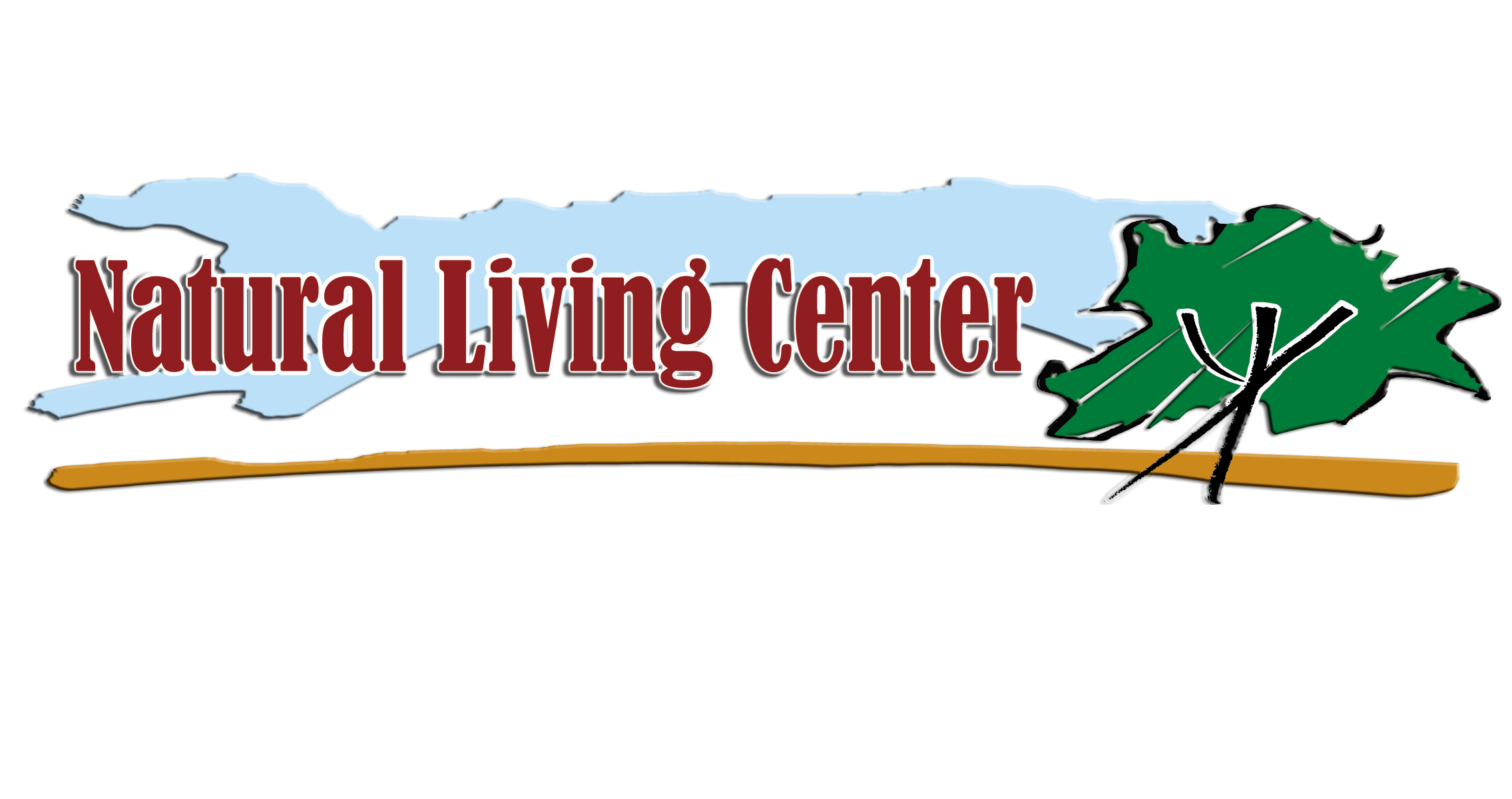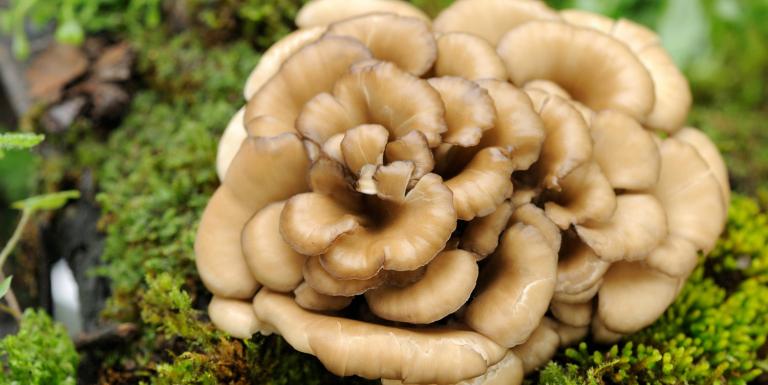Today we live in a world threatened by new and dangerous disease possibilities, ranging from the bird flu to biological warfare. Rising healthcare costs, the ever-present shadow of cancer, and many other hazards make it important to support our immune systems.
Powerful Medicine
Medicinal mushrooms not only enhance cellular immune responses but also support the body as a whole. Lest you think mushrooms are just fringe remedies, several drugs are manufactured from mushroom sources. Confirmed by modern scientific research, many mushrooms have demonstrated immune-stimulating activities.
Often overlooked nutritionally, mushrooms are excellent sources for all essential amino acids, B vitamins, vitamin D, potassium, selenium, zinc, and fiber. The vitamin D content alone makes mushrooms a worthy addition to an immune-supporting diet. They’re also low in calories and carbohydrates.
5 Important Fungi
1. The amazing and versatile reishi mushroom (Ganoderma lucidum) has analgesic, antiaging, antiallergenic, antibacterial, anti-inflammatory, antioxidant, antitumor, and antiviral properties. This mushroom also lowers blood pressure, supports healthy cholesterol, and enhances bone marrow, while acting as a heart tonic, immunomodulator, and liver detoxifier and protectant. It even helps prevent bronchitis and protects against radiation. Along with all these functions, reishi has been shown to improve immune functions and help lessen chemotherapy side effects such as hair loss.
2. Cordyceps (C. sinensis) is not technically a mushroom but rather a medicinal fungus. Traditionally used as a tonic for the whole body, particularly if it is in a depleted or run-down state, cordyceps increases vitality, energy, recovery, and resistance. It has value in treating and/or preventing diseases of the lungs, kidneys, liver, gastrointestinal system, and heart, while supporting the endocrine system. In 1993, Chinese women athletes began shattering records, often dramatically. Their secret weapon was cordyceps. Unlike some stimulants commonly used today that deplete the body, cordyceps increases cellular ATP (the energy molecule) and oxygen utilization, supporting and energizing, working with the body to make it more resilient and resistant to disease.
Evidence suggests that cordyceps works on a number of different immune cell types, stimulating their production and boosting immune function and activity. Rather than always stimulating, cordyceps balances immunity, working bi-directionally. This means that if your immune system is underfunctioning, cordyceps will boost it, but if your immune function is too high, this tonic can slow down the production and activity of white blood cells.
3. In comparative studies on immune stimulation and antitumor actions, maitake (Grifola frondosa) is a star. Its most active immune component is a unique extract, D-fraction, which, when taken orally or via injection, has been shown to enhance the activity of immune cells and increase the effectiveness of the immune system.
D-fraction also shows promise as an adjunct therapy in conjunction with some chemotherapy agents. In addition, maitake is the source of SX-fraction, a glycoprotein that can lower both blood sugar and insulin levels, as confirmed by several clinical trials. Demonstrating this dual action, maitake helps lower blood pressure, LDL cholesterol, and triglycerides, as well.
4. A new kid on the block, royal agaricus (A. blazei) is known in its native Brazil as the “mushroom of God.” One of the richest sources of beta glucans, agaricus was “discovered” by researchers who found that people eating it as part of their regular diet were healthier, with much lower incidences of adult disease than their counterparts. Studies have confirmed its antitumor action, and two novel fractions derived from A. blazei appear to possess antitumor properties.
5. Given the growing number of drug-resistant microbes, the delicious shiitake (Lentinus edodes) mushroom not only boosts the body’s own immune responses but is also an antimicrobial agent effective against drug-resistant bacterial infections.
Shiitake contains lentinan, a purified polysaccharide, and LEM, both of which display antitumor effects. Lentinan also exhibits immune-supporting, antibacterial, cardiovascular, and choles- terol-lowering benefits. Both lentinan and LEM show promise as antiviral agents and have been found helpful in addressing everything from influenza to HIV, where they may be particularly effective due to their action on T-cells.
As a food, shiitake can enhance the growth of beneficial lactic acid bacteria, and it may inhibit production of some enzymes involved in the creation of carcinogenic compounds in the colon that result from a high-fat diet. Up to two-thirds of our overall immune response occurs in the gut.

